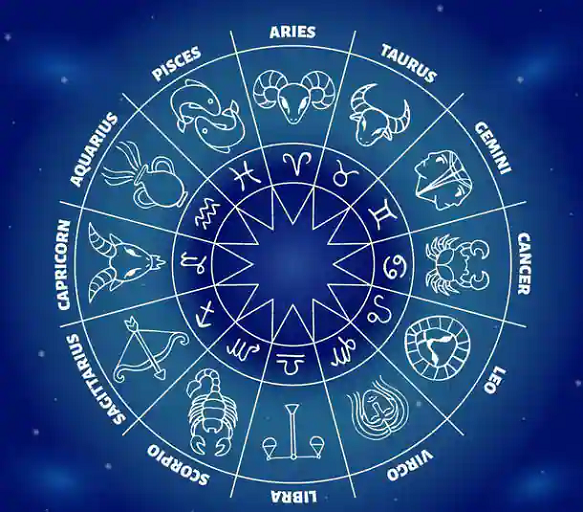
Astrologers, the interpreters of the celestial language, occupy a unique place in the realm of human inquiry. For millennia, these mystics have studied the stars and planets, deciphering their movements and positions to offer insights into the human experience. In this article, we will delve into the world of astrologers, exploring their role, methods, and the enduring fascination that surrounds their practice.
The Role of an Astrologer
Astrologers are individuals who practice astrology, an ancient discipline that seeks to understand the relationship between the positions and movements of celestial bodies and events on Earth. Their role is multifaceted and can encompass various aspects:
-
Chart Interpretation: Astrologers create and interpret birth charts, also known as natal charts or horoscopes, for individuals based on their date, time, and place of birth. These charts offer a snapshot of a person’s personality, tendencies, and life path.
-
Predictive Astrology: Astrologers use predictive techniques to make forecasts about future events, trends, and potential life developments. This can include predictions related to career, relationships, and personal growth.
-
Relationship Compatibility: Astrologers analyze the compatibility between individuals in romantic or interpersonal relationships. By comparing their birth charts, astrologers can identify areas of harmony and potential challenges.
-
Life Guidance: Many seek the guidance of astrologers for decision-making, personal growth, and understanding their life’s purpose. Astrologers provide insights and advice based on the positions of celestial bodies.
-
Timing of Events: Astrologers use transits and progressions, which involve the current positions of planets and their movements, to pinpoint significant life events and periods of change.
The Methods of Astrology
Astrologers employ various methods and techniques to practice their craft:
-
Horoscope Creation: The foundation of astrology is the birth chart or horoscope. Astrologers create these personalized charts for individuals, mapping the positions of the sun, moon, planets, and other celestial bodies at the time of birth.
-
Planetary Aspects: Astrologers analyze the angular relationships between planets, known as aspects, to gain insights into an individual’s behavior, strengths, and challenges.
-
House Systems: Astrologers use different house systems to divide the horoscope into twelve segments, each representing specific areas of life, such as family, career, and relationships.
-
Transits and Progressions: Astrologers track the movements of planets in relation to an individual’s birth chart to make predictions and assess timing for various events.
The Skepticism and Belief Surrounding Astrology
Astrology has its share of both skeptics and devoted believers. Skeptics often question the scientific validity of astrology, pointing out that there is no empirical evidence to support its claims. They argue that astrology relies on general statements that could apply to anyone and lacks a sound theoretical basis.
On the other hand, believers in astrology find deep meaning and personal guidance in their birth charts. They argue that astrology is a valuable tool for self-reflection, personal growth, and understanding the intricacies of human nature.
Conclusion
Astrologers continue to play a significant role in helping individuals navigate the complexities of life by providing insights into their personalities, relationships, and life paths. Whether one embraces astrology as a guiding force or views it with skepticism, the mystique and allure of this ancient practice endure. Astrologers, with their dedication to the study of the cosmos and their ability to decode its language, remain an intriguing and influential presence in the world of metaphysical exploration and self-discovery. Ultimately, the choice to consult an astrologer and incorporate astrology into one’s life is a personal one, reflecting individual beliefs and the quest for deeper understanding in the cosmic tapestry of existence.



